Last week we offered a post on the vexed  issue of getting recommendation letters for jobs. Recommendation letters for grad school are a little less complicated: YES, you’ll need them and YES, you should ask your professors for them. But who should you ask? How? When? What steps can you take to make sure your letters reflect your strengths?
issue of getting recommendation letters for jobs. Recommendation letters for grad school are a little less complicated: YES, you’ll need them and YES, you should ask your professors for them. But who should you ask? How? When? What steps can you take to make sure your letters reflect your strengths?
Iryce Baron kindly took some time out from prepping her fall courses on the Literature of Fantasy and British Feminist Fiction to write down some advice for students seeking recommendations.
Recommendations
by Iryce Baron
It happens when I least expect it. The semester is rapidly coming to a close and I’m woefully behind on my work. My office is crammed full of students every day, I’m up to my ears in grading, I’m staying up till 2 a.m. prepping for classes while living on Cheetos and Coke Zero and I haven’t even written the final exam yet. Suddenly I get a notice that I have new email and there’s a note from a former student I haven’t heard from in ages or a student who rarely talks in class. It means only one thing—said student needs a recommendation and I can only hope that it wasn’t due the day before yesterday.
It’s part of our job as academics to write recommendations. It can be a really formative experience between faculty and students or it can be an exercise in frustration for everyone. If you’re planning on attending graduate school or going to law school here’s what you can to do to maximize the experience for yourself and your instructor.
It’s always best to give your professor a heads up with at least a month’s notice.
Sure we’ve all produced recommendations at the eleventh hour—sometimes it’s unavoidable—a student decides to apply to a program at the last minute and we do our best to help them out, another faculty member gets sick and can’t deliver. But to optimize your chances of getting the most thorough and positive evaluation of your work, ask in advance.Some students give far more time than one month and that can be problematic as well because that means faculty can forget when it’s due with other work always looming over their heads. If you send in your request very early, make sure you also send follow-ups.
If you’re going to ask your professor for a recommendation, try to meet with them at least once during office hours and clearly establish what your academic goals are.
If at all possible, ask faculty members for letters who know you well and know your work well.
Graduate and professional programs often require three academic references. If you think you’d like a letter from a faculty member try to be vocal in class and try to meet with them outside of class so that they can get to know you better.Be prepared to share papers that you handed in for the course. The most effective recommendations contain direct references to the work students produced in class.
Try to request letters from faculty members whose classes you’ve done especially well in.
You might have loved your class on theory or you might have a had a professor who is a superstar, but if you didn’t get an A in the course, it’s preferable to forgo that person and to approach someone who can be as enthusiastic about your work as possible.If you’re a late bloomer though, don’t be discouraged. We’ve all written letters for students who are just beginning to show promise. It’s okay to ask someone for a letter who gave you B. Just try to gauge how supportive the instructor can be about your work. I always encourage students who didn’t receive an A in my course to see if anyone else is available, but if not, I focus only on the positive elements of their work.
And don’t forget these two things because they’re really important.
- Almost any program that you apply to will ask if you are willing to waive your right to access your letters of reference. It is imperative that you do this. I once had a student who initially did not waive her rights to access her letters and I told her she needed to throw out all her paperwork and begin anew. Her response, “If this is what they want, then why do even give you an option?” In an age of social media when everyone seemingly has access to anything you post online, it seems a particularly dated request. My answer was, it’s the academic equivalent of a trick question and you must do it. She just finished her PhD at Harvard and I know I gave her the right advice.
- Make sure that whether you send faculty emails with links that store your references for future use or that go directly to the universities you’re applying to, you clarify when the letter is due and that you provide the correct materials to be filled out and include pre-addressed envelopes that are stamped if you prefer hard copies.
And finally, let your referees know which schools you got admitted to and where you’ve decided to go and send a letter of thanks. It’s very much appreciated.



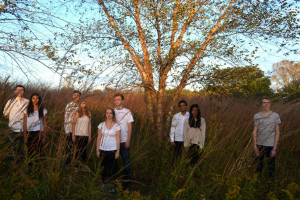

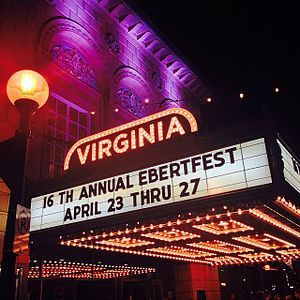 Take in ANY movie at the glorious
Take in ANY movie at the glorious  t. I did not say my prayers that night: here, I felt, what would be would be.” That’s from Willa Cather’s My Antonia. Think “buildings,” not “familiar mountain ridge,” and get far enough out in the country to know what her narrator is talking about.
t. I did not say my prayers that night: here, I felt, what would be would be.” That’s from Willa Cather’s My Antonia. Think “buildings,” not “familiar mountain ridge,” and get far enough out in the country to know what her narrator is talking about. to you
to you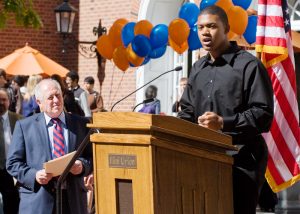

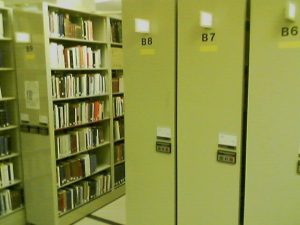 Spend some time in the
Spend some time in the 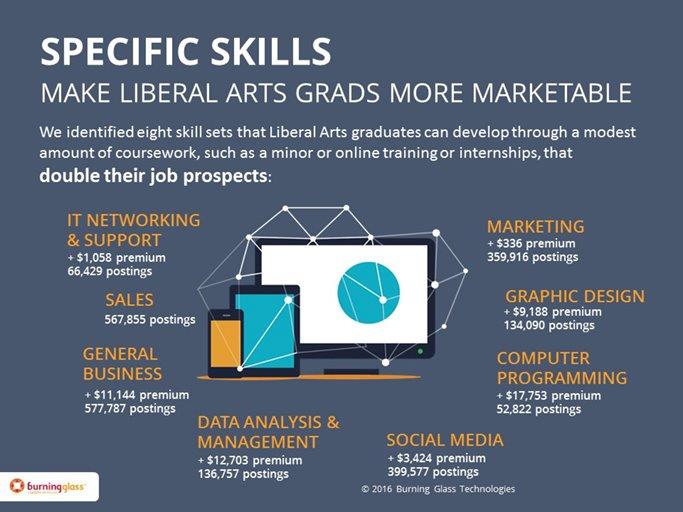 This picture condenses a study from 2013, which you can read in its entirety
This picture condenses a study from 2013, which you can read in its entirety